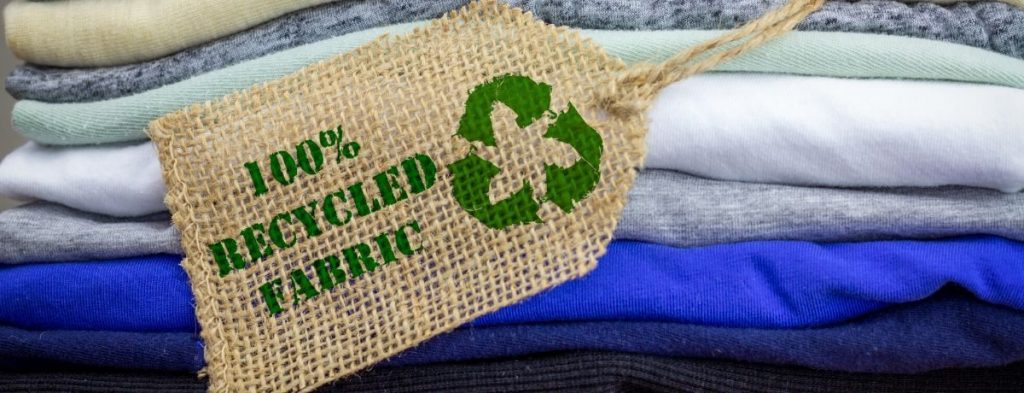
Most people are aware that they can recycle materials such as paper and cardboard. However, fewer people know they can also recycle textiles such as clothing and other woven fabrics. As a result, only a very small percentage of textile waste gets recycled. Because textile recycling is a beneficial way to reduce waste, increased awareness of this form of recycling is important. To learn more about the many environmental benefits of recycling textiles, continue reading.
Reduces the number of landfills
Due to the popularity of fast fashion and the low rate of textile recycling, an enormous quantity of textiles occupies space in landfills each year. Landfills have several negative effects on the environment. During the slow decomposition process for textiles, which often takes over a hundred years, the fibers can produce and release harmful greenhouse gases such as methane and carbon dioxide into the atmosphere. In other cases, textiles made from synthetic materials don’t decompose at all, so they release these pollutants into groundwater and soil. By increasing textile recycling, fewer landfills will need to exist, which will help preserve our environment.
Conserves energy and resources
The industrial processes required to produce new textiles consume a large amount of energy. In addition to using up valuable finite resources, this energy consumption also emits harmful pollutants. When you recycle textiles rather than purchase new materials, the textile industry uses less energy. Furthermore, when less existing fabric is used to create new clothes, less resources must be used to grow, process, and produce new clothing, which conserves monetary and environmental resources.
Uses less harmful dyes
Recycling textiles that are already pigmented rather than producing new ones means that fewer dyes will be used to color fabrics. Textile dyeing produces a lot of wastewater, which contributes to a large amount of pollution. Many dyes don’t degrade in water, while others produce harmful substances during their decomposition process. When you recycle textiles, you help reduce this form of harmful pollution.
If you’re currently involved with or want to become a part of the growing textile recycling industry, Crigler offers a number of new and used textile recycling equipment. In addition, we also offer several other types of waste handling systems, such as horizontal and vertical balers and shredders for recycling. To learn more about our high-quality equipment, contact us today.

